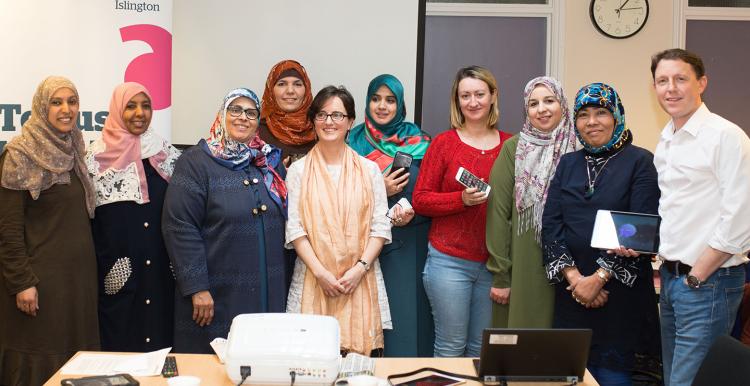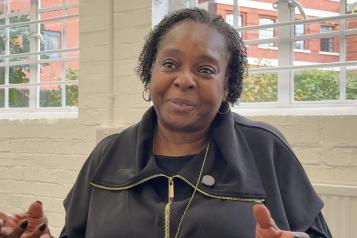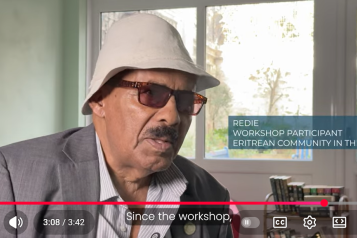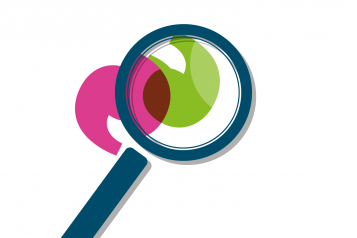Building partnerships

Back in 2013, when we went out to introduce ourselves to community organisations across Islington, we knew that we needed to work in partnership if we wanted to understand the issues residents faced when using health and care services. We took the decision to prioritise working with communities that had a harder time getting their voices heard. A year later, our Diverse Communities Health Voice partnership took shape, delivering a research project that exposed the lack of consistent interpreting provision at many local GP surgeries. Thanks to the input from our partners, we were able to share compelling stories about the ways this impacted on individual residents. This really helped us bring the issue to life. We worked together with commissioners to make positive changes and a model for future community research was established.
The partnership has grown over time and now boasts twelve member organisations, all supporting communities experiencing health inequalities. We have raised well over half a million pounds to fund our community engagement. That research has allowed the decision-makers responsible for health and care services to understand the views and concerns of residents they wouldn’t hear from through other channels. This helps make services better for everyone.
Residents from disadvantaged communities consistently tell us that they want to take charge of their own health but find it difficult because healthcare information is not provided in ways that are accessible to them. People are digitally excluded or struggle to find help due to language barriers. A core principle of our partnership has been never to ask residents to give their views on services without offering information and support in return. And when, during the pandemic, misinformation was rife and trusted sources were hard for people to find, we gave over 1600 people access to reliable information about coronavirus in appropriate community languages and helped another 200 who were unsure about the vaccine to make a more informed choice.
Some other notable outcomes include our collaboration with the mobile phone network provider Three, which has enabled us to support the digital inclusion of residents doubly excluded by language barriers. We’ve also successfully pushed for more culturally sensitive mental health support and for improvements to procurement processes, meaning organisations bidding to deliver services in the borough now need to pledge specific actions they will take to address health inequalities. This will help to ensure that everyone in Islington gets the same access to health and care support.


